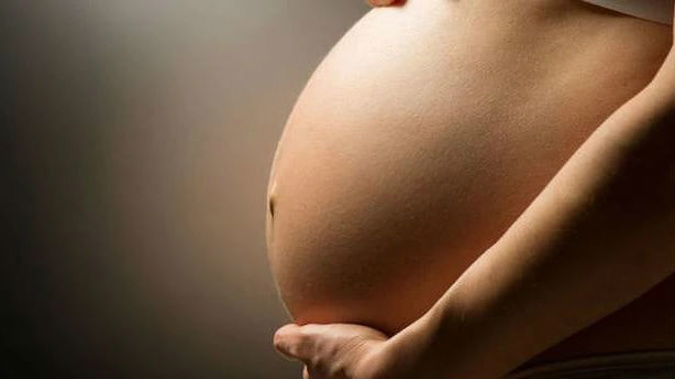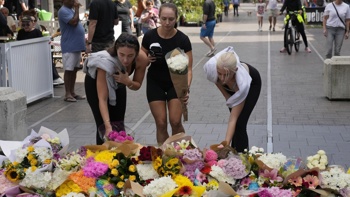
The number of Kiwi women who die during or soon after pregnancy has almost halved, new figures show.
Between 2014-16, 9.4 in every 100,000 women died during or within six weeks of the end of pregnancy compared with 18.2 between 2006-08, the Perinatal and Maternal Mortality Review Commission said.
The drop is the first significant reduction of the maternal death rate since 2006.
In 2016, the most recent year data is available for, there were two maternal deaths in New Zealand - one was due to suicide and the other was due to a neurological issue indirectly related to the pregnancy. There were also five maternal deaths which were completely unrelated to the pregnancy.
Suicide was the leading cause of maternal death in New Zealand and was seven times the rate in the United Kingdom.
In the 10 years to 2016, 28 women committed suicide during or within six weeks of pregnancy. Of those, 16 were Māori women.
The Māori maternal death rate remained higher than any other ethnicity but was also significantly lower than it was previously.
But while the rate of maternal deaths decreased, work was needed to prevent preterm birth so that fewer babies died.
The neonatal death rate has not fallen in the last 10 years, unlike the UK and Australia.
In 2016, 2.5 out of 1000 babies born alive died within the following four weeks.
Perinatal and Maternal Mortality Review Commission chairwoman Dr Sue Belgrave said the majority of neonatal deaths were babies born 16 to 20 weeks early.
"The number of babies dying in the first four weeks of life has not reduced and is of great concern," Belgrave said. "We are trying to understand what we can do in New Zealand to prevent these early preterm births and deaths."
Recommendations in the report included:
• Investigating and implementing a preterm birth prevention programme;
• Ensuring women with a previous preterm birth at less than 34 weeks were able to register for antenatal care as soon as possible;
• Developing a national approach to caring for women at risk of giving birth before 25 weeks, including assisting with transfer to a tertiary hospital before birth;
• Ensuring every baby has access to a safe place to sleep through lead maternity carers and district health boards;
• Require cultural competency training of the maternity and neonatal workforce.
The report further highlighted the inequity in neonatal deaths showing Māori, Pacific and Indian women, as well as women under the age of 20, had a significantly higher risk of their baby dying because it was born prematurely.
"Addressing these issues will not be easy," Belgrave said. "It will require the co-ordinated efforts of Government, health providers, iwi and communities. We need to work together to make sure every mother and baby receives the same level of care."
The report also showed the rate of stillbirths dropped very slightly to 5.1 per 1000 in 2016 while the number of babies which died between 20 weeks gestation up to four weeks after birth remained the same at 10.1 per 1000.
Take your Radio, Podcasts and Music with you









